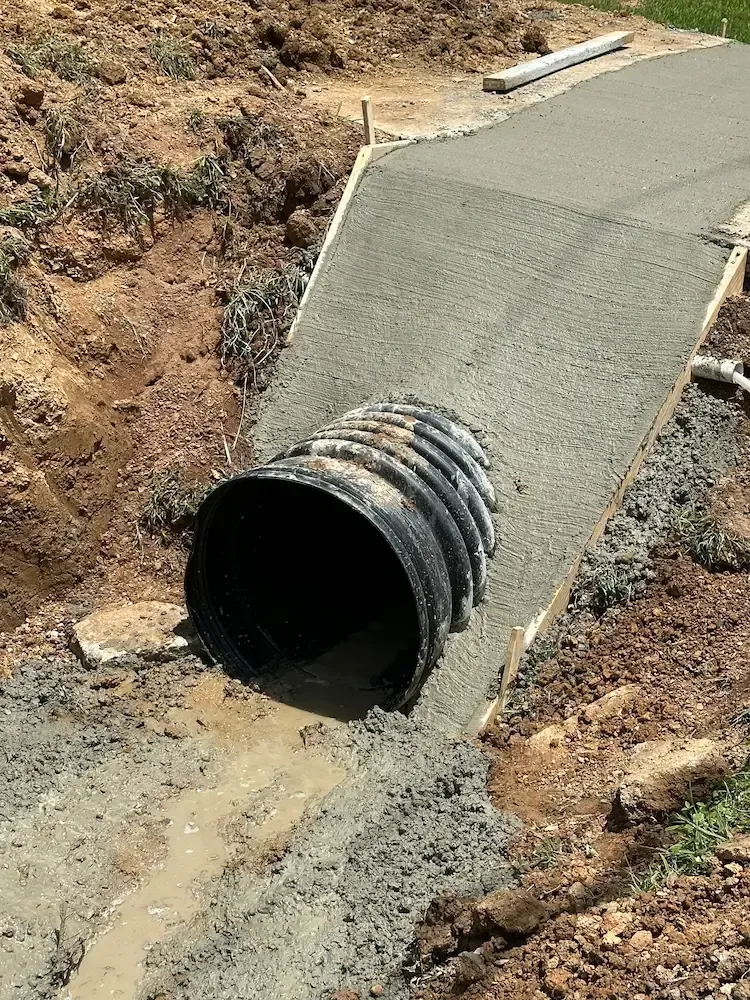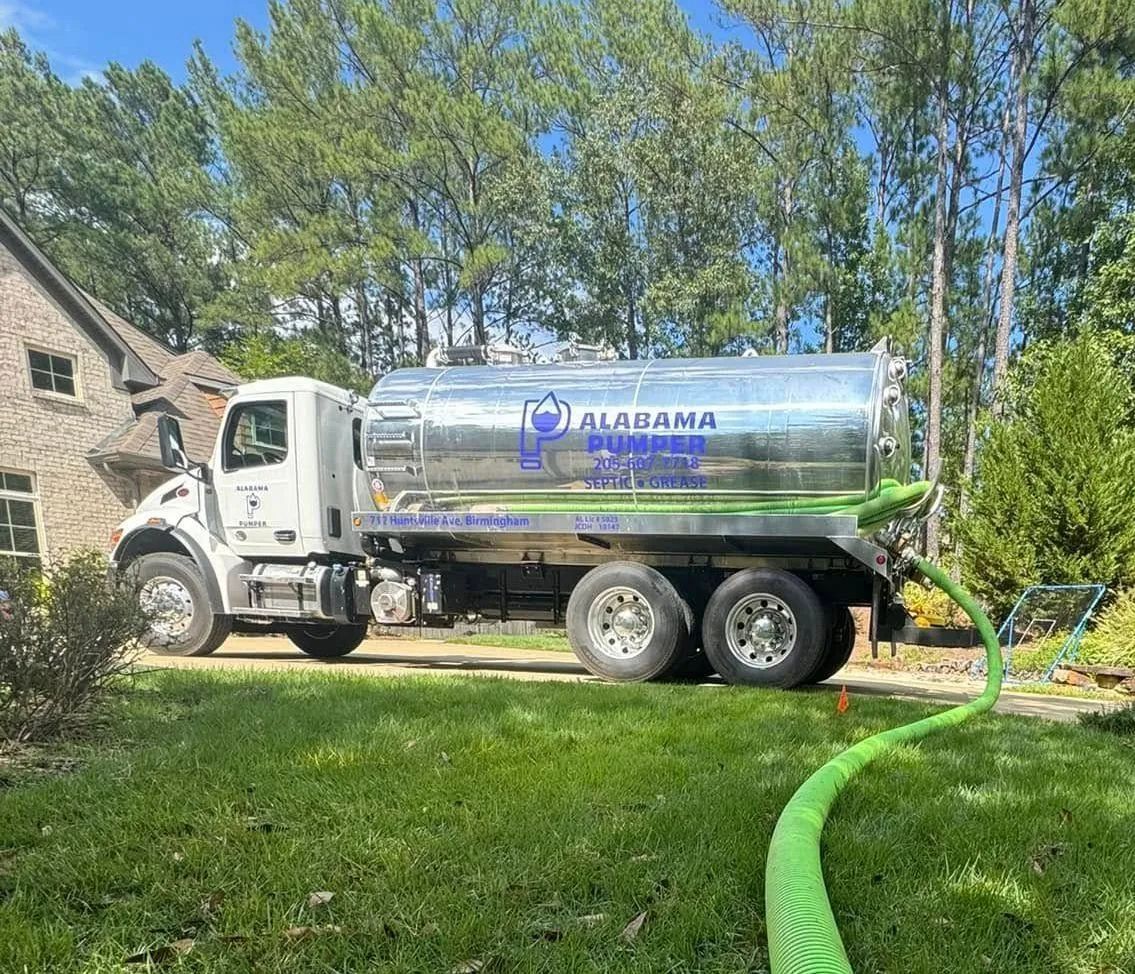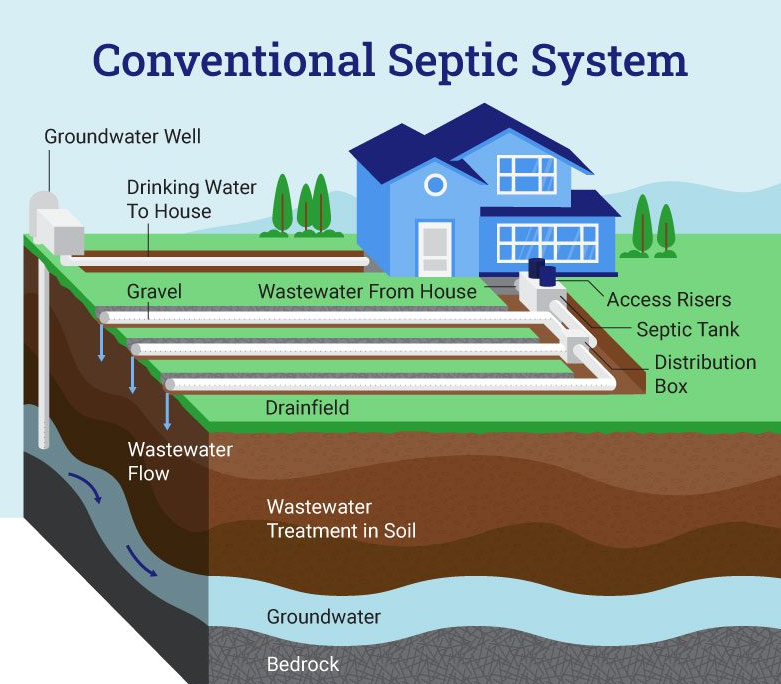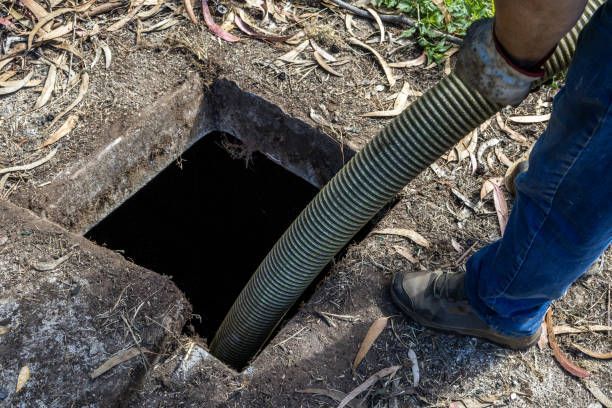The Ultimate Guide to Septic System Care in Central Alabama
Part 1
What Is a Septic System and Why Maintenance Matters
Part 1
What Is a Septic System?
A septic system is an underground wastewater treatment system commonly used in areas without access to city sewer lines. It typically consists of two main parts:
- The Septic Tank: A watertight container that holds wastewater long enough for solids to settle to the bottom (forming sludge) while oils and lighter waste float to the top (forming scum).
-
- The Drain Field: Also called a leach field, this area disperses the liquid wastewater from the tank safely into the soil for natural treatment.
When properly maintained, septic systems are safe, efficient, and environmentally friendly. Regular maintenance is critical—neglect can lead to costly repairs, foul odors, property damage, and health risks.

Why Maintenance Is Critical
Septic systems are designed to treat household wastewater naturally, but they require regular care to function correctly. Without routine pumping and inspections, solids can build up and clog your system, causing backups, foul odors, and costly damage to your property.
Neglecting maintenance can also harm the environment by contaminating groundwater or nearby streams.
How Often Should You Maintain Your Septic System?
The standard recommendation is to pump your septic tank every 2 to 4 years, but the exact timing depends on several factors such as household size, water usage, tank size, and system age. In upcoming posts, we’ll dive deeper into these factors and how to know when your system needs attention.
Alabama Pumper: Central Alabama’s Septic Experts
With over 10 years of experience serving communities from Birmingham to Pell City, Alabama Pumper offers trusted septic pumping, cleaning, inspections, and repairs. Our licensed professionals use modern equipment to protect your home and keep your septic system running efficiently.
Don’t wait for a septic emergency!
Schedule your septic tank pumping or system inspection with Alabama Pumper today.
Ready to Learn More?
Stay tuned for Part 2 of our series: How Often Should You Pump Your Septic Tank? Factors That Affect It — coming soon!






